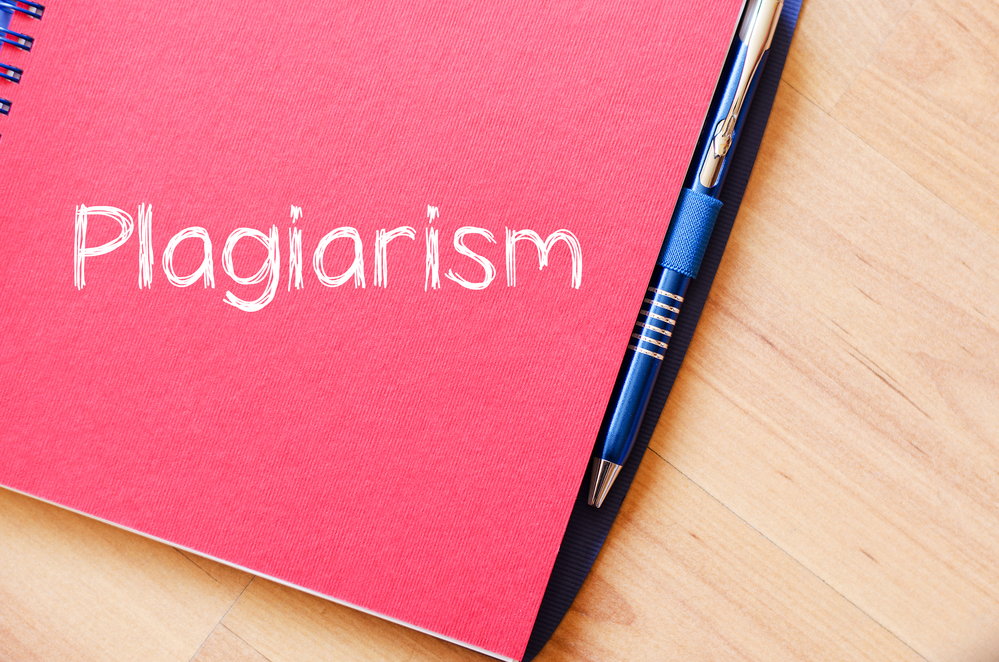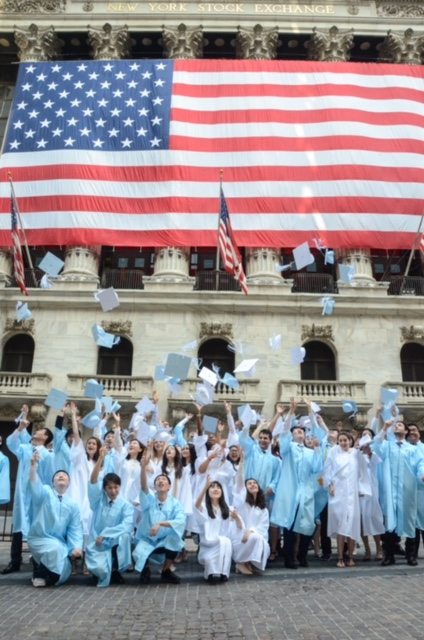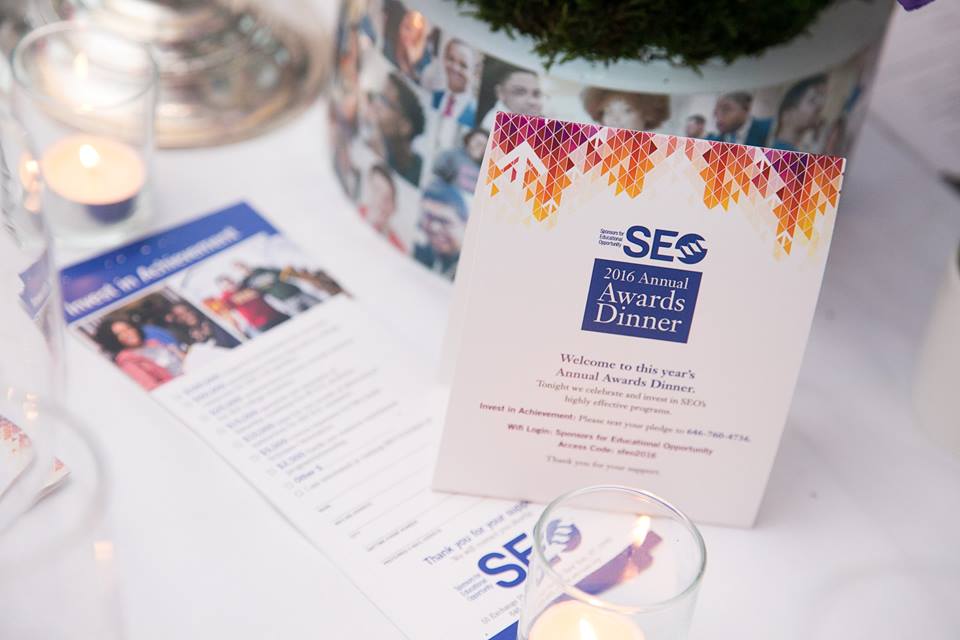In a busy student-focused area like ours, the chances are pretty good that you or someone you know has run into problems with plagiarism. It’s all too easy for college students and even graduate students to find themselves caught in a plagiarism trap when their academic writing doesn’t meet the standards that colleges and universities are looking for. And unfortunately, there is a growing list of consequences when plagiarism mistakes occur. These include but are not limited to failing the assignment, failing a course, or even being expelled from school. With so much at stake, it’s a good time to look at the consequences of plagiarism in academic writing and how to stay on the right side of the plagiarism issue.
What is Plagiarism?
The first thing we need to talk about is what plagiarism is. Most people know that if you copy somebody else’s work and pass it off as your own, even if it is only a few sentences, this is plagiarism. But not as many people know that plagiarism also includes more subtle forms of copying errors. If you forget quotation marks, you have plagiarized. If you omit a footnote or citation, you have also plagiarized. And here is the one most people miss: If you rewrite the material in your own words and cite it, but your paraphrase uses too many of the original words or followed the original sentence structure exactly, that’s still technically plagiarism.
The Changing Consequences of Plagiarism
With so many ways to accidentally plagiarize, it’s no wonder that so many students in the downtown area have become paranoid about avoiding plagiarism. The good news is that universities and colleges have come to realize that students need training and help, not automatic expulsion, to understand and prevent plagiarism, so many schools have softened their plagiarism policies somewhat over the past thirty years. Where in the past automatic failure or even expulsion occurred regularly, today students are more likely to receive counseling and a warning, particularly for a first offense. But given how easy accidental plagiarism is, few students want to waste the relatively lenient treatment of a first offense if they can avoid it. After all, subsequent plagiarism incidents can cascade into consequences such as failing a class or expulsion.
How to Avoid Plagiarism in Writing
So how do you prevent plagiarism from occurring in the first place? Fortunately, it’s not hard if you follow a few pieces of advice from EduJungles writing service.
- Always cite sources. Whenever you use information that is not common knowledge, provide a citation to a source to acknowledge where you go it from. Not only is this a good academic practice, it also has a practical side: At many schools, if you accidentally plagiarize but have a citation, instructors and administrators are more likely to give you credit for trying to cite rather than punish you severely for academic honesty violations. So, when in doubt, cite!
- Be sure to use quotation marks consistently. A good rule of thumb is to place quotation marks around any borrowed language of three or more words from the original source. Obviously, this is only a general rule, and there may be cases where even a single word may need to be quoted if it is particularly unusual or distinctive. But in general, you should err on the side of indicating which words aren’t your own and placing them in quotation marks to set them apart from the rest of your sentence. And always cite quotes!
- Learn the difference between a quote, a paraphrase, and a summary. A quotation is the exact words of a source, but there are other ways to provide information from sources. A summary briefly explains the highlights of another writer’s ideas in your own words. A paraphrase, by contrast, is similar to a quote but rewrites everything in completely different words and in a completely different structure to make it your own. Either way, you need to cite all of these. The general idea is this: Avoid copying other people as much as possible.
- Compare your work to professional examples. Even with all of this, you may not know how to incorporate sources correctly into a paper. Another option to avoid plagiarism is to purchase an original paper from a professional custom writing company like SmartWritingService which offers a wide range of academic writing services for students. These papers are professionally written by writers with advanced degrees and are guaranteed to be free from plagiarism. Seeing how an expert might approach your topic can give you insight into the right way to avoid plagiarism at every stage of the essay writing process.
With a few simple tips, you’ll be on your way to a plagiarism-free paper and peace of mind when it comes to the originality and academic honesty of your latest essay masterpiece.












